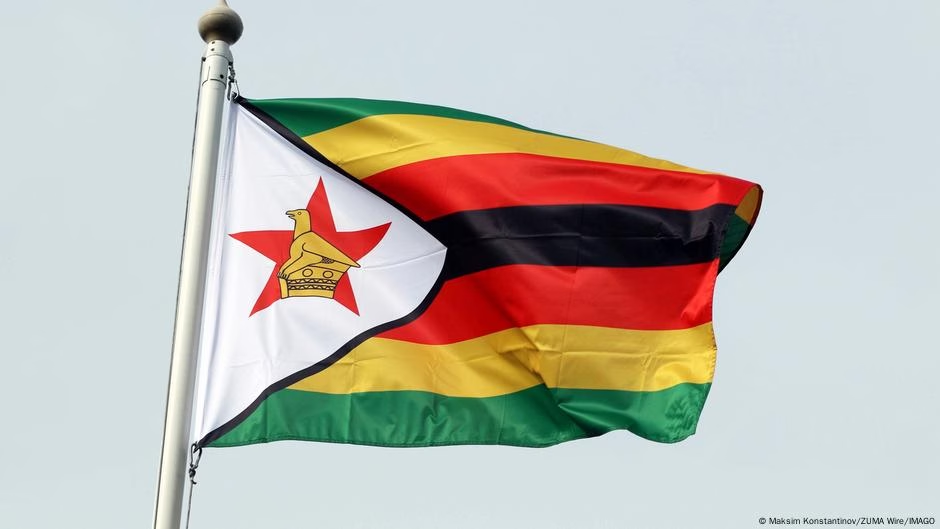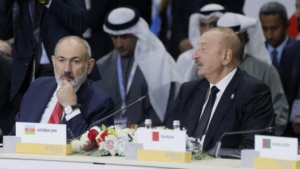Zimbabwe is experiencing a period of political unrest, highlighted by a faction within the ruling ZANU-PF party calling for President Emmerson Mnangagwa’s resignation amid rumors of his plans to extend his presidential term beyond its official end in 2028.
A notable figure leading the charge against Mnangagwa is Blessed Geza, a veteran of Zimbabwe’s war of liberation and former senior member of ZANU-PF. Geza called for nationwide protests on March 31 in opposition to Mnangagwa’s potential bid for a third term, although these demonstrations saw low turnout due to heavy police presence and fear of violence.
Geza and other war veterans, who hold significant influence in the country’s politics, accuse Mnangagwa of corruption and blame him for the nation’s economic woes. They are advocating for Vice-President Constantine Chiwenga, a retired army general, to succeed Mnangagwa. However, Chiwenga has not commented on these calls for leadership.
Analysts warn that the current tension may escalate into substantial civil unrest or even conflict. Blessing Vava, executive director of the Crisis in Zimbabwe Coalition, emphasizes that these tensions trace back to the 2017 ousting of former President Robert Mugabe, when Mnangagwa and the military sought to fortify their positions against potential future coups.
Recent moves by Mnangagwa, including the reassignment of key military figures and the removal of the chief of police and intelligence service head, indicate concerns over his political standing. Despite calls for extension, Chiwenga has not publicly supported Mnangagwa’s potential third term and may have the military’s backing, although this support appears to be waning as Mnangagwa dismisses loyalists.
Authorities have arrested over ninety individuals in connection with the March 31 protests on charges including inciting violence. The protests have impacted Zimbabwe’s informal economy severely, with many vendors and business owners shuttering their operations out of fear for their safety and property.
Critics urge citizens to be cautious against being exploited by politicians for their own ends, noting that the removal of Mugabe in 2017 failed to bring significant reform. With the political climate affecting foreign investments and the nation’s development, concerns about Zimbabwe’s economic future are growing. Economic analyst Happiness Zengeni stated that the country’s economic issues will remain secondary to political tensions until after 2028.
Source: https://www.dw.com/en/what-s-behind-the-political-crisis-in-zimbabwe/a-72119034?maca=en-rss-en-all-1573-rdf







